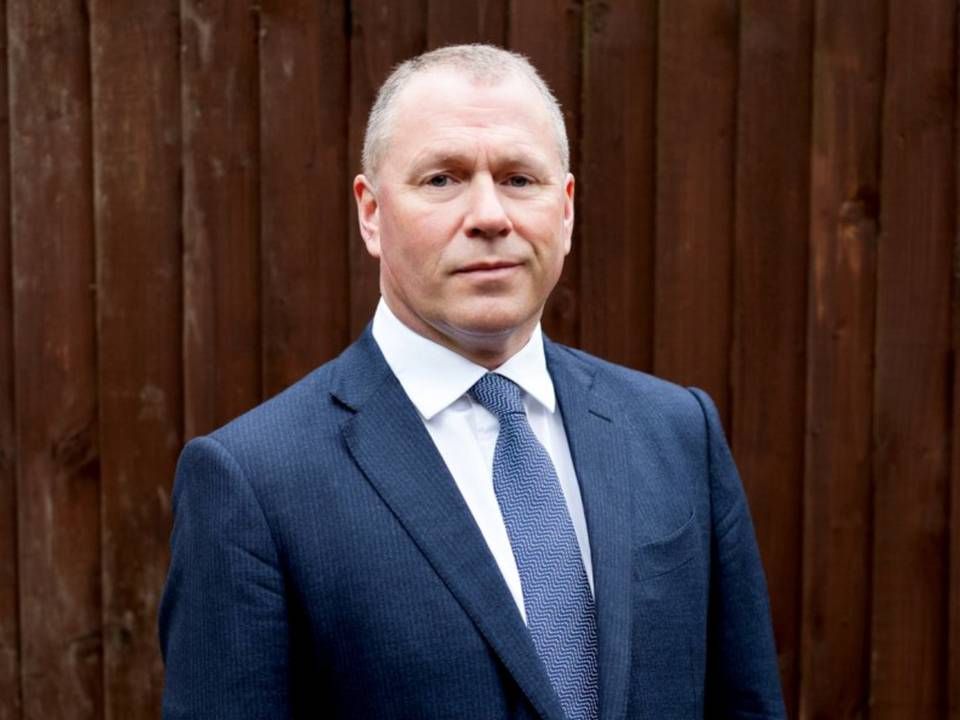World’s biggest wealth fund builds tool to fix investment errors

Nicolai Tangen, the chief executive officer of Norway’s USD 1.3 trillion sovereign investment vehicle, wants to apply methods used in the world of professional sports to help his staff cope better with crises.
The 54-year-old, who started as CEO in September after working as a London-based hedge-fund manager, has already hired a sports psychologist who trains military pilots to assist him in his new role. Tangen says part of the idea is to shape the culture at the fund, so staff never feel tempted to cover up their missteps.
"If you can’t talk about your mistakes in asset management, then you’ve got nothing to do here," Tangen said in a podcast from the NHH Norwegian School of Economics. "That’s the only way to get better. Now, we’re going to put our mistakes into a system."
The simulator will, among other things, be fed "hundreds of millions of data points from the various portfolio managers" to find out how they act under stress and how good they are at contrarian investments, Tangen said in comments published on NHH’s website on Jan. 21
He drew a parallel between asset management and ski jumping, noting that ski-jumpers are only in the air for about 5 1/2 minutes during a year of competitions. The rest of the time is spent using simulators and practicing.
Tangen says that most asset managers will probably only experience extreme stress "maybe three times."
"You had stress during the financial crisis," he said. "You had it this spring. And you might get it in ten years time. There are few crises to manage. So, you have to practice it."
The wealth fund, which is due to publish key figures for 2020 on Jan. 28, has already said its results probably beat the benchmark index against which it measures its performance.
Oil Fund hires sports psychologist to work with managers in search of better returns
End to face-to-face meetings halts the hiring of new managers at Norway's oil fund
Norway's oil fund prepares for first investment in renewables
Related articles
Norway's oil fund CEO tests positive for coronavirus
For subscribers
















